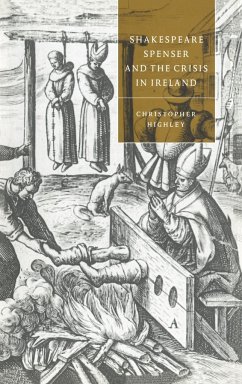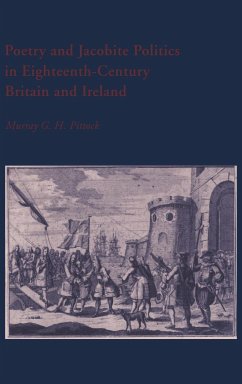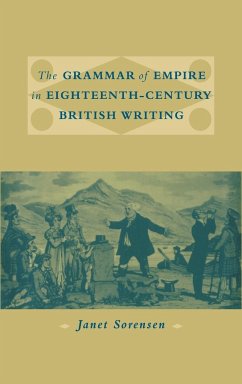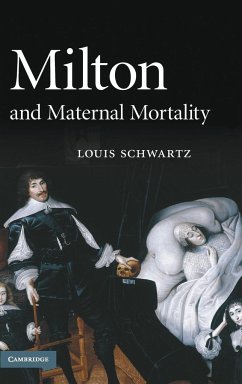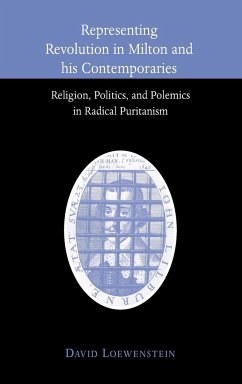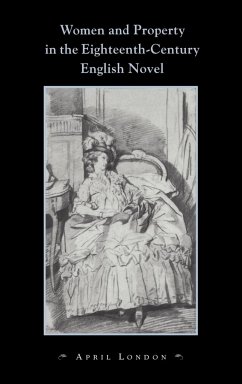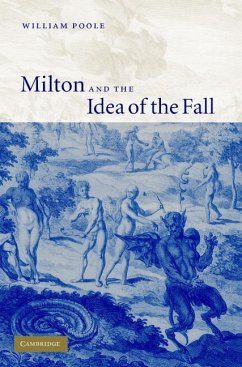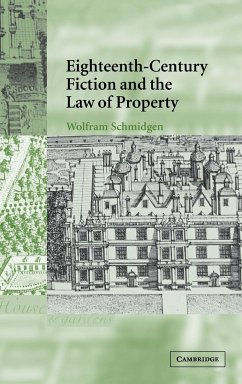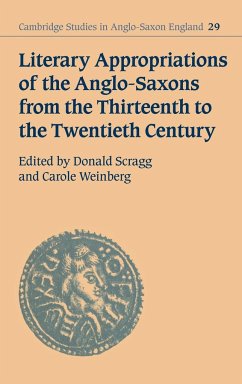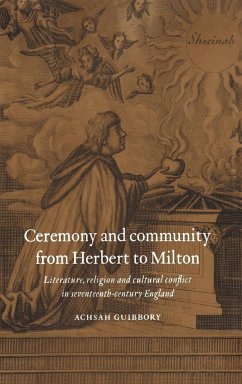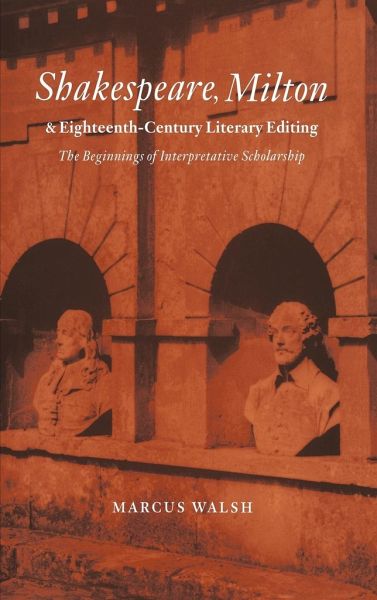
Shakespeare, Milton and Eighteenth-Century Literary Editing
The Beginnings of Interpretative Scholarship
Herausgeber: Erskine-Hill, Howard

PAYBACK Punkte
55 °P sammeln!
The first developments in the editing of English literary texts in the eighteenth century were remarkable and important, and they have recently begun to attract considerable interest, particularly in relation to conditions and constructions of scholarship in the period. This study sets out to investigate, rather, the theoretical and interpretative bases of eighteenth-century literary editing. Extended chapters on Shakespearean and Miltonic commentary and editing demonstrate that the work of pioneering editors and commentators, such as Patrick Hume, Lewis Theobald, Zachary Pearce, and Edward Ca...
The first developments in the editing of English literary texts in the eighteenth century were remarkable and important, and they have recently begun to attract considerable interest, particularly in relation to conditions and constructions of scholarship in the period. This study sets out to investigate, rather, the theoretical and interpretative bases of eighteenth-century literary editing. Extended chapters on Shakespearean and Miltonic commentary and editing demonstrate that the work of pioneering editors and commentators, such as Patrick Hume, Lewis Theobald, Zachary Pearce, and Edward Capell, was based on developed, sophisticated and often clearly articulated theories and methods of textual understanding and explanation. Marcus Walsh relates these interpretative theories and methods to seventeenth- and eighteenth-century Anglican biblical hermeneutics, and to a number of key debates in modern editorial theory.
Table of contents:
Introduction; 1. Some theoretical perspectives for the study of eighteenth-century editing; 2. Making sense of Scripture: biblical hermeneutics in seventeenth- and eighteenth-century England; 3. Making sense of Milton: the editing of Paradise Lost; 4. Making sense of Shakespeare: editing from Pope to Capell; 5. Conclusion; Select bibliography.
Marcus Walsh demonstrates that the work of pioneering editors of Milton and Shakespeare in the eighteenth century, was based on sophisticated and clearly articulated theories and methods. He relates these to contemporary interpretations of the Bible and key issues in modern editorial theory.
Study of the theories and methods informing editions of Milton and Shakespeare in the eighteenth century.
Table of contents:
Introduction; 1. Some theoretical perspectives for the study of eighteenth-century editing; 2. Making sense of Scripture: biblical hermeneutics in seventeenth- and eighteenth-century England; 3. Making sense of Milton: the editing of Paradise Lost; 4. Making sense of Shakespeare: editing from Pope to Capell; 5. Conclusion; Select bibliography.
Marcus Walsh demonstrates that the work of pioneering editors of Milton and Shakespeare in the eighteenth century, was based on sophisticated and clearly articulated theories and methods. He relates these to contemporary interpretations of the Bible and key issues in modern editorial theory.
Study of the theories and methods informing editions of Milton and Shakespeare in the eighteenth century.





